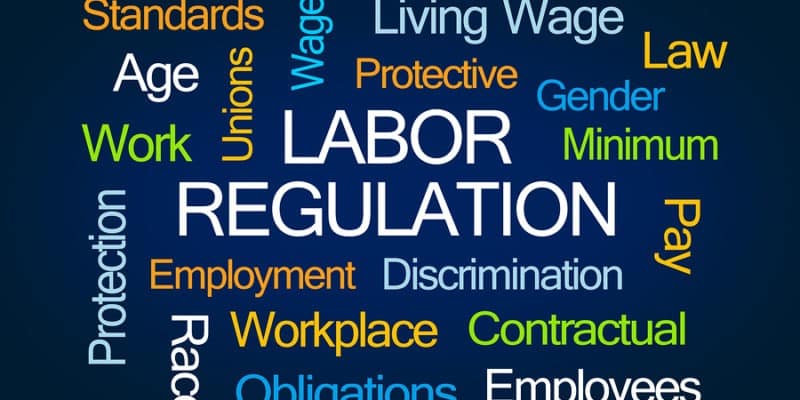Journal-Courier
Published 12:48 pm CDT
Monday, August 26, 2019
A new unit in the Illinois Attorney General’s Office will be charged with protecting Illinois workers from unlawful employment practices such as wage theft.
Gov. J.B. Pritzker signed legislation on Friday that created a Worker Protection Unit.
The law gives the attorney general’s office express authority to investigate and file suit against employers who violate the Prevailing Wage Act, the Employee Classification Act, the Minimum Wage Law, the Day and Temporary Labor Services Act and the Wage Payment and Collection Act.
The new unit will collaborate with the Illinois Department of Labor to detect unlawful conduct. The unit can also take direct legal action against widespread wage payment violations and unfair labor practices.
A Worker Protection Unit Task Force will be created to facilitate information sharing and collaboration between state and local prosecutors and regulators. The task force will also promote a statewide outreach and enforcement effort to target businesses that violate state worker protection laws. The task force will report on its work to the governor and the General Assembly by December 2020.
The bill takes effect Jan. 1.

